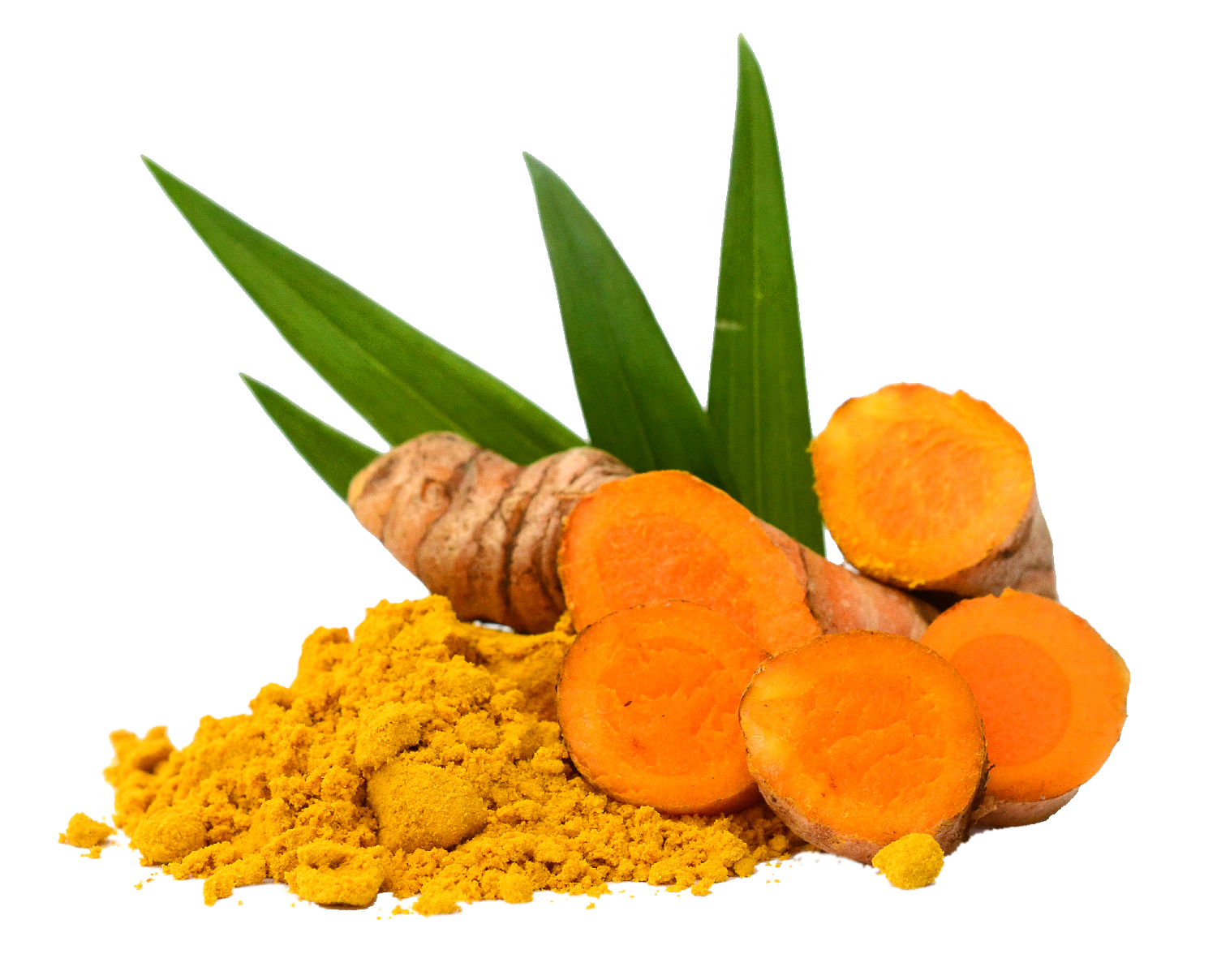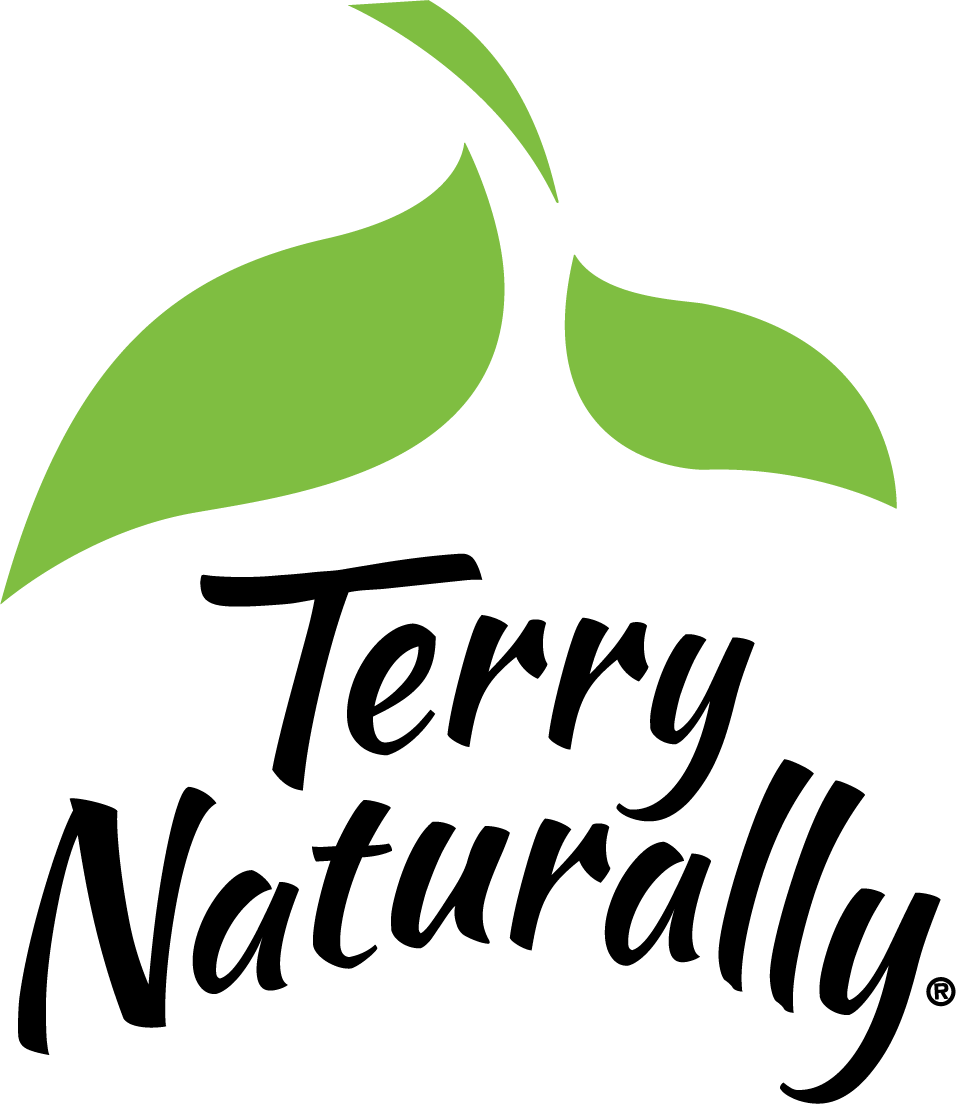Turmeric & Curcumin: What’s the Difference?
You’ve probably heard of turmeric and curcumin, often used interchangeably. But if you’ve been confused as to which one to use, you’re not alone, so here’s a quick review.
Turmeric (Curcuma longa) is a plant traditionally used in India and other Asian countries as a spice and a medicine. Most often used in curries, it has a bright orange color, and a distinctive smell and flavor.

Over time, scientists learned that curcumin –one of the primary compounds in turmeric –was responsible for most of the positive effects seen in those who frequently consumed turmeric. However, they also learned that curcumin in its regular standardized forms can be difficult for the body to absorb.
Curcumin with Turmeric Essential Oil is Best
Fortunately, combining high-quality standardized curcumin with turmeric essential oil not only enhances absorption and blood retention time, it also provides ar-turmerone, a component of the oil with anti-inflammatory power of its own. This curcumin, which I prefer, has over 60 published studies, including veterinary studies with cats and dogs, to its credit, and is an incredibly powerful, natural medicine for many health conditions.
Stops Pain & Protects Joints
You may notice that your dog seems less playful or has difficulty walking your usual route without slowing down a bit. That can be a normal part of aging, but it also means that there is some potential joint damage and pain happening, too. Curcumin is especially helpful here. It blocks cyclooxygenase-2 – COX-2 – activity, and a multitude of other inflammatory pathways to relieve pain and protect joints without causing stomach or liver damage. In human clinical trials, curcumin matches, or even exceeds, the effectiveness of prescription drugs for osteoarthritis and rheumatoid arthritis.
It shows similar effects for canines, too.
In a veterinary study, a combination supplement with curcumin reduced pain and inflammation, much as the botanical has shown in humans. It is an excellent option for your best friend, certainly much better than non-steroidal anti-inflammatory drugs (NSAIDs), which can cause the same gastrointestinal damage to dogs as they can to people.
Stops Tumors & Helps Prevent Recurrence In laboratory and veterinary studies, curcumin has been shown to stop the progression of tumors. Curcumin does this in many different ways; it reawakens the body’s own natural tumor-fighting abilities, it prevents the DNA damage that stops the formation of blood vessels that would otherwise feed tumors and fuel their growth. And the range of curcumin’s anticancer activity is impressive – it can suppress breast, prostate, liver, skin, oral, colon, and lung cancer.
In laboratory and veterinary studies, curcumin has been shown to stop the progression of tumors. Curcumin does this in many different ways; it reawakens the body’s own natural tumor-fighting abilities, it prevents the DNA damage that stops the formation of blood vessels that would otherwise feed tumors and fuel their growth. And the range of curcumin’s anticancer activity is impressive – it can suppress breast, prostate, liver, skin, oral, colon, and lung cancer.
In a veterinary study – the canine equivalent of a clinical study – researchers found that curcumin inhibited tumor proliferation and migration in lung tissue and made the cancer cells less viable overall. In laboratory work, it was also tested on canine osteosarcoma, melanoma and mammary carcinoma cells and found to inhibit them as well.
Other laboratory work with canine cells found cancer-stopping effects by combining curcumin with a rosemary leaf extract, which reduce cancer cell viability in mast cell, mammary cell, and bone cell tumors.
Ideally, the best way of dealing with cancer is to never have to face it at all, so I think that curcumin is the best kind of prevention and natural medicine for a dog at any stage of their life or state of health.
Preserves Cognitive Health & Mental Well Being
Behavior changes in older dogs could be due to many inflammatory factors; pain from arthritis, gastric problems, and skin irritation. However, like humans, canines can develop clusters of beta-amyloid proteins that lead to tangles and plaques in the brain and disrupt mood, cognition, and personality traits.
Previous animal research with curcumin found that the compound reduced beta-amyloid levels and the size of accumulated plaques by over 30 percent. Additionally, curcumin has been found to bind to several types of canine amyloid, so this compound can help preserve your dog’s cognitive abilities in the same way that it can preserve ours. It has the potential to sweep away amyloid plaques and, because it reduces inflammatory and oxidative damage, it reduces the chances that those plaques will re-develop. Curcumin also plays a role in regenerating neurons, creating new brain cells, and refreshing cells that may have once been considered irretrievable.
I think that adding curcumin as part of a daily regimen may even stop those problems from developing in the first place.

Help Your Best Friend Live A Long & Healthy Life
I think that curcumin is one of the most effective natural medicines available, for virtually every reason. With thousands of years of traditional use, and more studies being done every day – for humans and canines, there are many reasons to incorporate curcumin into your dog’s daily regimen.
Curcumin can prevent virtually every disease associated with aging, including obesity, a sadly common condition among canines for all of the same reasons that it affects humans. Curcumin also protects the liver, stops the development of diabetes, inhibits bladder tumors, and keeps the heart and cardiovascular system strong.
And whether your best friend suffers from vision damage due to high blood sugar over time, tumor growth because of free radical damage, or simple fatigue and lack of “pep” from the usual aspects of aging, curcumin can help them feel a lot like their young selves again – and very likely even better!
The best time to add curcumin blended with turmeric essential oil to your best dog’s regimen is right now, whether they are still an extremely energetic pup or have mellowed into a gentle old friend. This amazing compound can help them live a long, happy life in outstanding health.
For the best curcumin for dogs, I recommend using Curcumin (Curcuma longa) Rhizome Extract enhanced with turmeric essential oil and standardized for curcuminoid complex (curcumin, demethoxycurcumin and bisdemethoxycurcumin), phospholipids (sunflower lecithin), supplying 250mg of pure curcuminoids.
